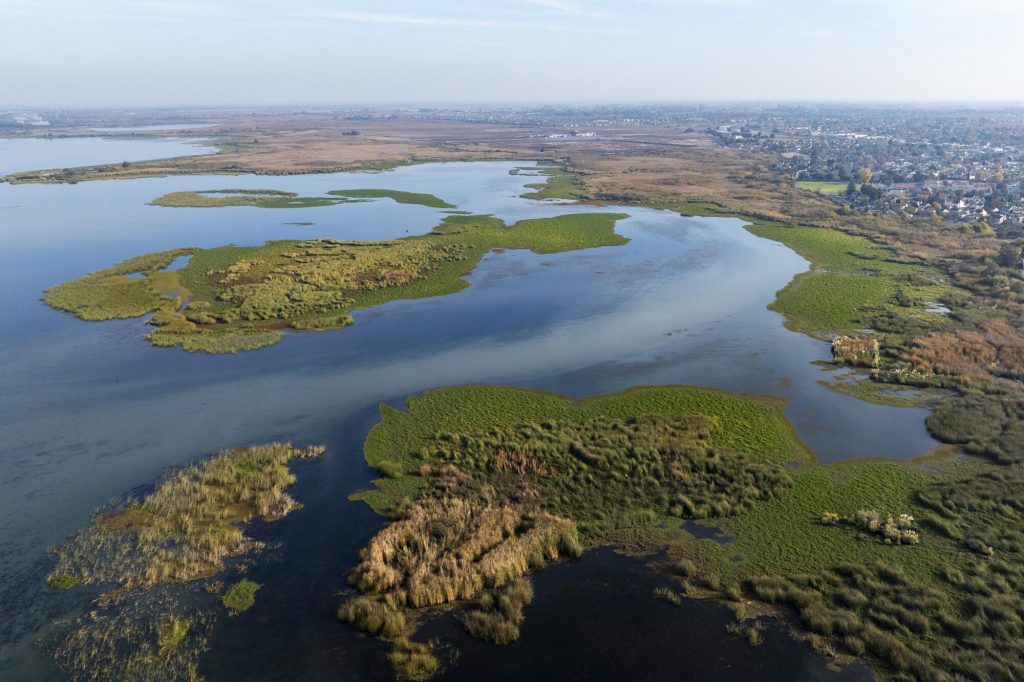California’s Sacramento-San Joaquin River Delta stands as a pivotal nexus in the state’s complex water supply system, where competing interests converge amid a delicate ecosystem. At the heart of this debate lies the proposed Delta Conveyance Project—a $16 billion endeavor to build a 45-mile tunnel beneath the delta, aiming to bolster water security for millions while raising concerns about ecological impacts.
Championed by Gov. Gavin Newsom’s administration as a solution to California’s looming water challenges, the tunnel project has reignited a decades-long battle over the fate of the delta. Proponents argue that the tunnel is essential infrastructure, offering resilience against seismic risks and enabling more efficient water management amid climate uncertainties.
The project’s proponents contend that the tunnel would not only enhance water reliability but also safeguard against potential catastrophes, such as earthquakes or levee failures, which could disrupt water supplies to millions of Californians. They emphasize the need to modernize the state’s aging water infrastructure to meet the demands of a growing population and changing climate.
However, opponents raise significant environmental concerns, warning that the tunnel could exacerbate existing threats to the delta’s fragile ecosystem. By diverting more water away from the estuary, they argue, the project could escalate salinity levels, degrade water quality, and jeopardize endangered species such as the delta smelt and winter-run chinook salmon.
Critics, including environmental groups and indigenous communities, have raised questions about the project’s environmental impact and compliance with state regulations. They argue that alternative solutions, such as investing in levee improvements and restoring natural floodplains, could offer more sustainable approaches to water management while preserving the delta’s ecological health.
Amidst legal challenges and public scrutiny, the fate of the Delta Conveyance Project remains uncertain. As policymakers weigh competing interests and navigate complex regulatory processes, the debate underscores the need for a balanced approach that considers both water security and ecosystem protection.
The decision on whether to proceed with the tunnel project will shape the future of California’s water landscape, with implications for communities, agriculture, and the environment across the state. As stakeholders continue to voice their perspectives and advocate for their interests, finding common ground will be essential to charting a path forward that ensures a resilient and sustainable water future for all Californians.
